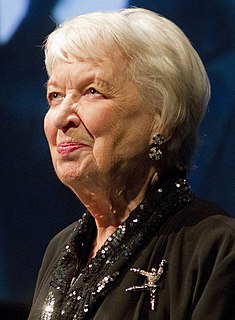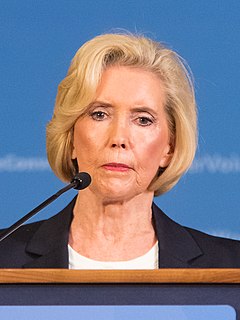A Quote by Benjamin Franklin
Men's minds do not die with their bodies but are made more happy or miserable after this life according to their actions.
Related Quotes
Eternal life does not violate the laws of physics. After all, we only die because of one word: "error." The longer we live, the more errors there are that are made by our bodies when they read our genes. That means cells get sluggish. The body doesn't function as well as it could, which is why the skin ages. Then organs eventually fail, so that's why we die.
I made a list of the happiest periods in my life, and I realized that none of them involved money. I realized that building stuff and being creative and inventive made me happy. Connecting with a friend and talking through the entire night until the sun rose made me happy. Trick-or-treating in middle school with a group of my closest friends made me happy. Eating a baked potato after a swim meet made me happy. Pickles made me happy.
A happy but miserable state in which man finds himself from time to time; sometimes he believes he is happy by loving, then suddenly he finds how miserable he is. It is all joy, it sweetens life, but it does not last. It comes and goes, but when it is active, there is no greater virtue, because it makes one supremely happy.
Claims that some form of consciousness persists after our bodies die and decay into their constituent atoms face one huge, insuperable obstacle: the laws of physics underlying everyday life are completely understood, and there's no way within those laws to allow for the information stored in our brains to persist after we die.
If you are happy, you are happy; nobody asks you why you are happy. Yes, if you are miserable, a question is relevant. If you are miserable, somebody can ask why you are miserable, and the question is relevant - because misery is against nature, something wrong is happening. When you are happy, nobody asks you why you are happy, except for a few neurotics. There are such people; I cannot deny the possibility.
A man never is happy, but spends his whole life in striving after something which he thinks will make him so; he seldom attains his goal, and when he does, it is only to be disappointed; he is mostly shipwrecked in the end, and comes into harbor with mast and rigging gone. And then, it is all one whether he has been happy or miserable; for his life was never anything more than a present moment always vanishing; and now it is over.
Men have been domesticated, and I don't think it's necessarily good for them. They have been emasculated with the pill and women becoming more independent. I do think it's made a big difference for women to have more charge of their own bodies. It's made them feel more on equal terms and made the men feel less secure, less the master of everything.
Children sweeten labours. But they make misfortune more bitter. They increase the care of life. But they mitigate the remembrance of death. The perpetuity of generation is common to beasts. But memory, merit and noble works are proper to men. And surely a man shall see the noblest works and foundations have proceeded from childless men which have sought to express the images of their minds where those of their bodies have failed.


































